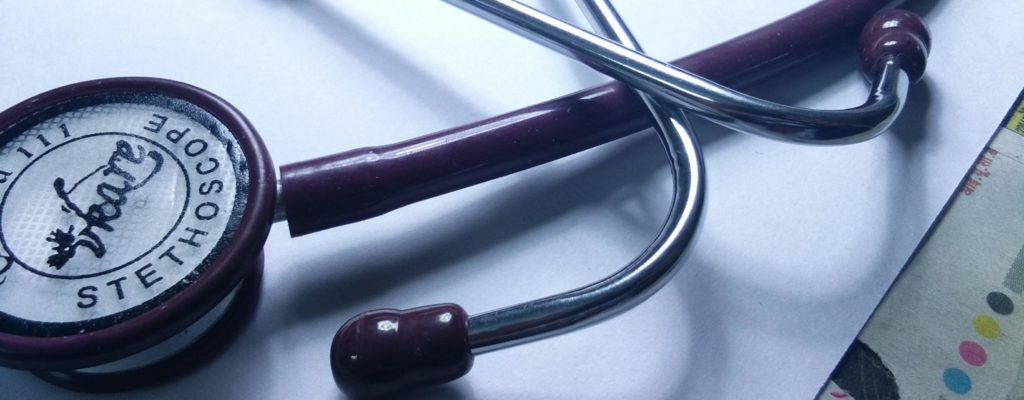Daily Life | IBD

I was diagnosed with Ulcerative Colitis in 2015. My symptoms appeared a year prior, just out of the blue, without warning. Upon realizing that this illness didn’t have a cure, I knew I needed to find a doctor I could trust and lean on for the long haul.
My GI doctor was referred to me by my primary care physician. At that time, I had no choice other than who was available. “She’s great; you’ll like her,” my primary told me. Well, that’s encouraging, I thought, and after some online search, I was relieved to see my GI doctor’s expertise and positive patient reviews. Thus my small IBD healthcare team was born. You might be wondering, why I didn’t consider other doctors? Thankfully, my current doctor has not given me any reason to jump ship.
The first time I met my GI doctor, she made me feel comfortable through her warm persona. She showed genuine interest in what I did for a living (I was in hospitality then) and what I enjoyed doing, which was traveling. I appreciated how her approach was personal and not transactional. She understood what was important to me and my needs as a patient.
She knew I would do whatever lifestyle or dietary changes I should adopt to keep my UC mild, at most moderate. I was prescribed mesalamine as my initial treatment, four capsules (0.375 gm) per day. In my 6th year with UC, it was increased to 6 capsules. At that point, my GI suggested I consider switching to another mesalamine (fewer capsules to swallow), but I said I preferred to stay with my current medication.
During a flare I had last year, it seemed like it was taking longer than usual for my symptoms to subside. Typically my symptoms improve by the 3rd week on mesalamine and suppositories. I was approaching my 4th week with active symptoms, prompting my GI to ask me if I would consider prednisone. That’s when I voiced my concern – it wasn’t my preferred route because of the side effects that had physical manifestations. I worked in hospitality and was a front-facing employee. I asked my GI to give me another week, and thankfully, my flare was slowly waning by that time.
As I approach my 8th year with UC, I have not experienced significant complications or changes in my health except for early signs of rheumatoid arthritis. I’ve omitted gluten, dairy, and processed food from my diet and learned about fermentable oligosaccharides, disaccharides, monosaccharides, and polyols (FODMAP), specific carbohydrate diet (SCD), and autoimmune protocol (AIP). I haven’t discussed new treatment options with my healthcare team but have already looked into pill-form options should my UC advance to a more severe state.
I am grateful to my healthcare team for the guidance and care they have given me all these years. I appreciate that they remember what’s important to me: traveling and not missing out on life’s important moments. I know it takes teamwork to make this happen; if they’re not giving me answers, I ask questions and take notes. And if I need to make sacrifices, such as a change of diet and lifestyle, I give them my commitment. I’m happy that I do not feel treated like a number; instead, I’m treated like a human with hope for a cure.

To hear more stories, visit theibdstory.org.
